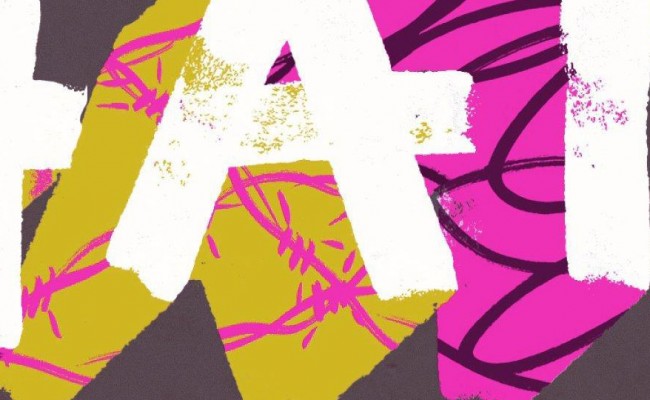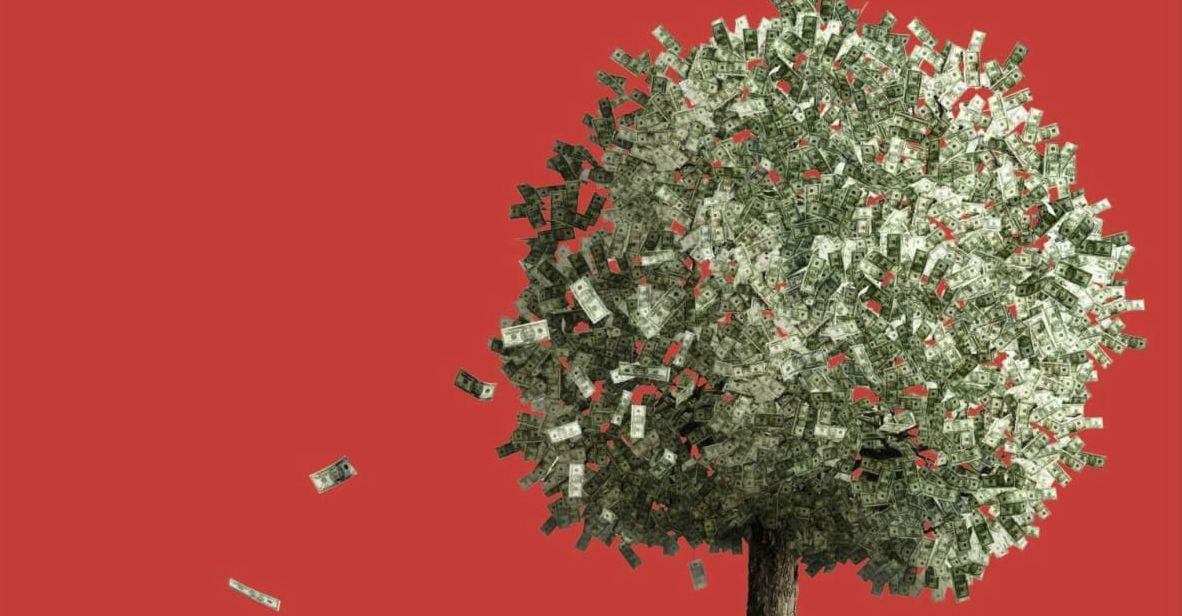The Art of Time Travel
Tom Griffiths (Black Inc.)
 In The Art of Time Travel, historian Tom Griffiths sets out portraits of fourteen notable Australian historians. The book is, according to its author, ‘a quirky, serious and personal exploration of the art and craft of history in Australia since the Second World War’. More than this, though, it is a love letter to the discipline, which is evoked as something solid and concrete: grounded in the lives of real people, painstakingly assembled from dusty archives, crafted in response to the physical world.
In The Art of Time Travel, historian Tom Griffiths sets out portraits of fourteen notable Australian historians. The book is, according to its author, ‘a quirky, serious and personal exploration of the art and craft of history in Australia since the Second World War’. More than this, though, it is a love letter to the discipline, which is evoked as something solid and concrete: grounded in the lives of real people, painstakingly assembled from dusty archives, crafted in response to the physical world.
A lasting theme in the book is the need for humility; Griffiths notes at the outset that history ‘is a form of knowledge that tends to be subtle [and] humble’. Although the book celebrates individuals, then, there is an emphasis throughout on the collective and on each scholar’s reliance on the work of others. The book is an excellent introduction to some lesser-known historians, but the chapters pull the reader in even where they tread familiar ground. Notably, Griffith’s account of the early-2000s debates about history and fiction kicked off by Kate Grenville’s The Secret River is so compelling and generous that it felt fresh despite all the ink spilled on this particular argument. This sublimely immersive wander through our historiography comes highly recommended.
Dark Emu: Black Seeds, Agriculture or Accident?
Bruce Pascoe (Magabala Books)
 In Dark Emu: Black Seeds, Agriculture or Accident?, published in 2014 and reprinted several times since, Bunurong/Tasmanian Heritage writer Bruce Pascoe exhorts readers to look at traditional Australian economies with new eyes. The belief that Aboriginal people did not cultivate their land formed a convenient justification for colonisation, and it endures: consider former Prime Minister Tony Abbott’s offensive 2014 remarks that Sydney was ‘nothing but bush’ in 1788, and that to the arriving Europeans, ‘everything would have seemed so extraordinarily basic and raw’. This book is a corrective to such assumptions. Citing the writings of early explorers, Pascoe observes that Aboriginal people sowed crops, built dams, shaped the land with fire, and built houses, and that explorers dismissed the evidence of their own eyes because of their need to believe in the inferiority of those they were to dispossess.
In Dark Emu: Black Seeds, Agriculture or Accident?, published in 2014 and reprinted several times since, Bunurong/Tasmanian Heritage writer Bruce Pascoe exhorts readers to look at traditional Australian economies with new eyes. The belief that Aboriginal people did not cultivate their land formed a convenient justification for colonisation, and it endures: consider former Prime Minister Tony Abbott’s offensive 2014 remarks that Sydney was ‘nothing but bush’ in 1788, and that to the arriving Europeans, ‘everything would have seemed so extraordinarily basic and raw’. This book is a corrective to such assumptions. Citing the writings of early explorers, Pascoe observes that Aboriginal people sowed crops, built dams, shaped the land with fire, and built houses, and that explorers dismissed the evidence of their own eyes because of their need to believe in the inferiority of those they were to dispossess.
In its eagerness to overturn received wisdoms, at a few points the book veers close to accepting the colonisers’ logic. Pascoe writes, for instance, that ‘the insistence on using the hunter-gatherer label is prejudicial to the rights of Aboriginal people to land’. This conclusion is somewhat troubling; it seems to imply that although the settlers were wrong to dismiss Aboriginal agriculture, their essential view of cultivation as conferring property rights was correct. Overall, though, Pascoe’s emphasis is on the need to better understand traditional land management practices, and the fruitful changes that this understanding could make to our political economy. He observes: ‘Arguing over whether the Aboriginal economy was a hunter-gatherer system or one of burgeoning agriculture is not the central issue. The crucial point is that we have never discussed it as a nation.’ May this informative, vividly written book spark many fruitful and challenging conversations about our past and future.
All My Januaries
Barbara Blackman (UQP)
 All My Januaries by Barbara Blackman is a collection of beautifully formed essays, each as smooth and full as an egg. There is sadness here, as in ‘Travelling Solo on a Bicycle Built for Two’, in which Blackman writes from the perspective of her twin sister who died at sixteen days old and her father who died three years later. There is also wit and deep charm; for instance Blackman recalls a childish intention to become a hippopotamus ‘to enjoy life’ and sets out a chain of enjoyably disastrous events culminating in being immobilised by a sore foot. The essays have a real sense of place, leaving the reader desirous of upping sticks and moving to Brisbane, or perhaps Paris, at once. Some of the language is that of another era – a reference to a ‘buxom negress’ is wince-inducing – but aside from this discordant note the sentences sing.
All My Januaries by Barbara Blackman is a collection of beautifully formed essays, each as smooth and full as an egg. There is sadness here, as in ‘Travelling Solo on a Bicycle Built for Two’, in which Blackman writes from the perspective of her twin sister who died at sixteen days old and her father who died three years later. There is also wit and deep charm; for instance Blackman recalls a childish intention to become a hippopotamus ‘to enjoy life’ and sets out a chain of enjoyably disastrous events culminating in being immobilised by a sore foot. The essays have a real sense of place, leaving the reader desirous of upping sticks and moving to Brisbane, or perhaps Paris, at once. Some of the language is that of another era – a reference to a ‘buxom negress’ is wince-inducing – but aside from this discordant note the sentences sing.
In Not Quite Australian
Peter Mares (Text Publishing)
 In Not Quite Australian, Peter Mares explores the impact of Australia’s temporary-visa schemes on both those who hold them and on the nation more broadly. His focus is on people who live and work here, who pay taxes and are subject to our laws, but who are not citizens and cannot vote: international students, New Zealanders, backpackers on working holiday visas, asylum seekers and refugees, the holders of 457 visas. This detailed, careful and topical book is illuminated by the personal stories of individuals and families caught up in a complex and bureaucratic system, and it leaves a lasting impression of an Australia that is becoming a two-tiered country. Mares measures the reality of temporary migration against the ideal of liberal democracy, and while some critique of this ideal itself would have added to the book’s analysis, its arguments are powerful and persuasive. Mares’ sober consideration of exploitation is particularly arresting, and the questions he poses go to the heart of what sort of country we are making:
In Not Quite Australian, Peter Mares explores the impact of Australia’s temporary-visa schemes on both those who hold them and on the nation more broadly. His focus is on people who live and work here, who pay taxes and are subject to our laws, but who are not citizens and cannot vote: international students, New Zealanders, backpackers on working holiday visas, asylum seekers and refugees, the holders of 457 visas. This detailed, careful and topical book is illuminated by the personal stories of individuals and families caught up in a complex and bureaucratic system, and it leaves a lasting impression of an Australia that is becoming a two-tiered country. Mares measures the reality of temporary migration against the ideal of liberal democracy, and while some critique of this ideal itself would have added to the book’s analysis, its arguments are powerful and persuasive. Mares’ sober consideration of exploitation is particularly arresting, and the questions he poses go to the heart of what sort of country we are making:
[I]s a significant level of workplace abuse of backpackers and overseas students … the inevitable cost of getting our fruit picked, bolstering the tourism industry, keeping our universities afloat, enjoying cheap takeaway chicken, having access to 24-hour convenience stores and reducing business costs by holding down the wages paid to office cleaners?
The Hate Race
Maxine Beneba Clarke (Hachette)
 Maxine Beneba Clarke’s The Hate Race is a coming-of-age story with purpose. The book evokes the eighties and nineties in Australia so vividly that I could smell the primary school bitumen and see the longed-for, hideous Cabbage Patch dolls; feel the pash rash and the searing teen angst. However, this is not an exercise in nostalgia: the book’s focus is the corrosive racism the author experienced in her childhood and adolescence. Clarke’s prose is lyrical, deft and sharp, and reading The Hate Race is almost a physical experience occasioning anxiety, revulsion, rage. Particularly painful is the youthful narrator’s realisation of the fallibility of adults, including a formerly favoured teacher:
Maxine Beneba Clarke’s The Hate Race is a coming-of-age story with purpose. The book evokes the eighties and nineties in Australia so vividly that I could smell the primary school bitumen and see the longed-for, hideous Cabbage Patch dolls; feel the pash rash and the searing teen angst. However, this is not an exercise in nostalgia: the book’s focus is the corrosive racism the author experienced in her childhood and adolescence. Clarke’s prose is lyrical, deft and sharp, and reading The Hate Race is almost a physical experience occasioning anxiety, revulsion, rage. Particularly painful is the youthful narrator’s realisation of the fallibility of adults, including a formerly favoured teacher:
I’d been told … that the children who were racist towards me were bullies who didn’t know any better. I’d believed, on some level, that when they grew up, the kids who teased me would realise that brown was just a skin colour and they would stop being so ridiculous. Now evidence was mounting that this might not be so, and the prospect of living forever in a world like my schoolyard was unfathomable.
The reader is left not simply condemning the bullies and their racism, but questioning their own complicity in this schoolyard world. This is an excellent book, and a future Australian classic, and I hope everyone reads it.



